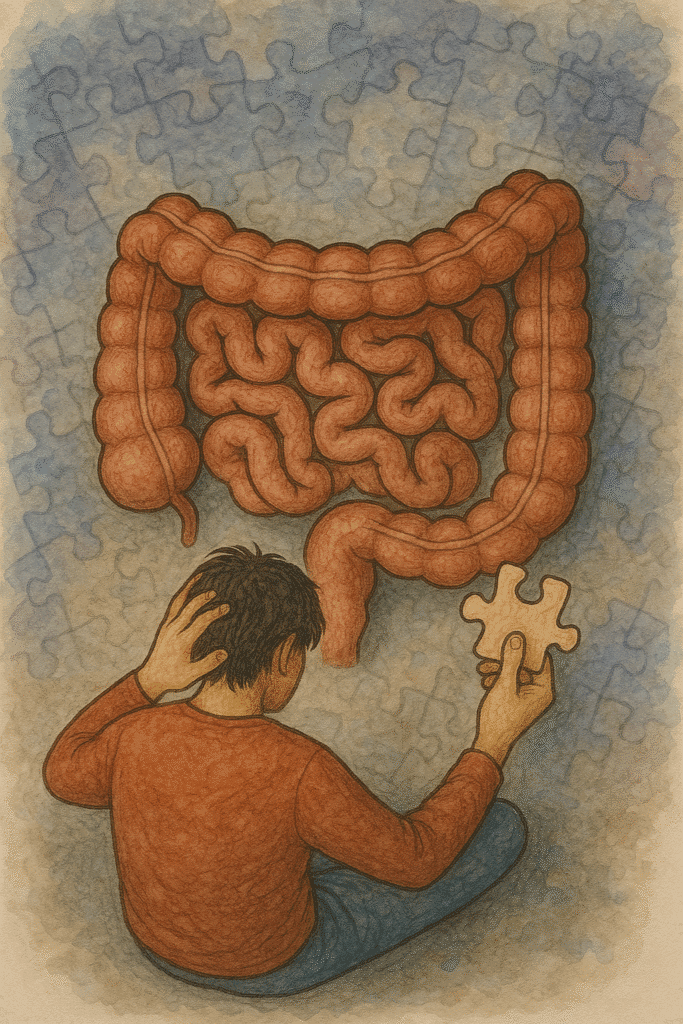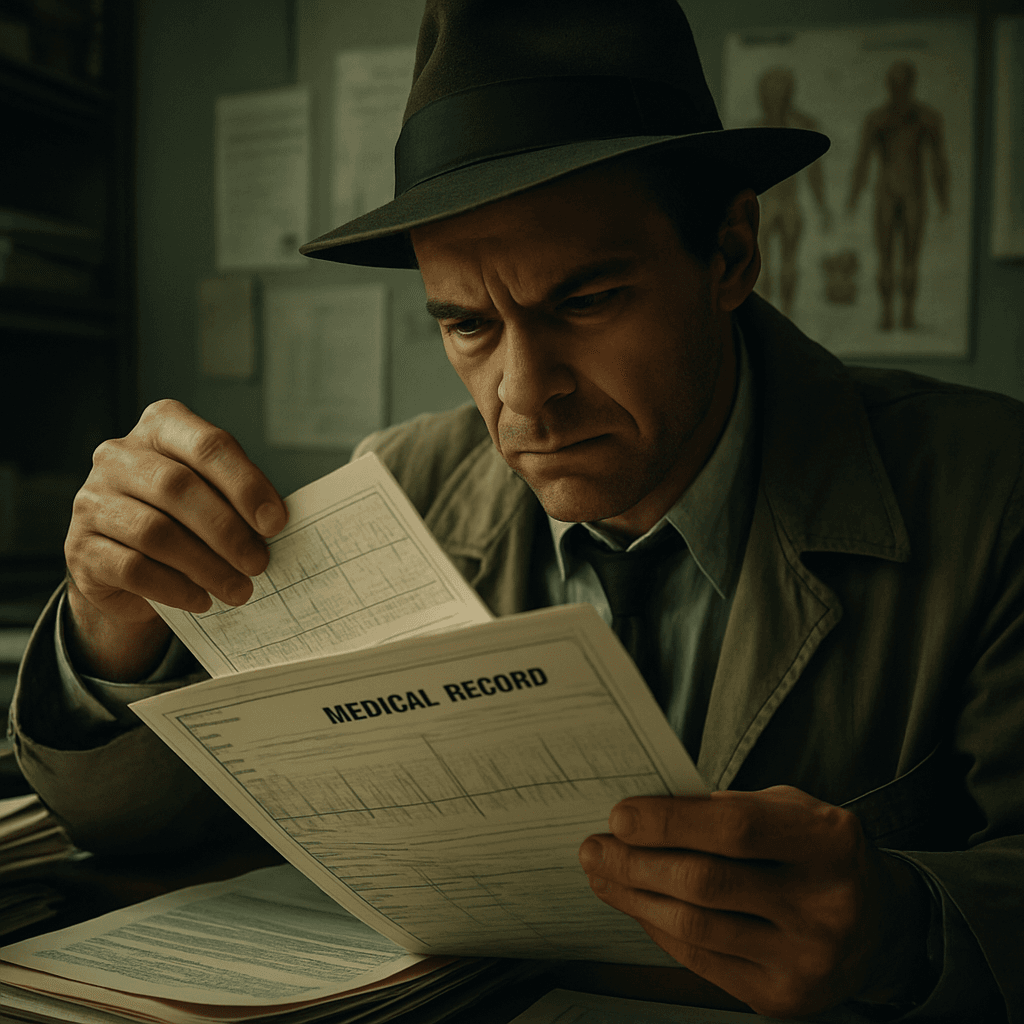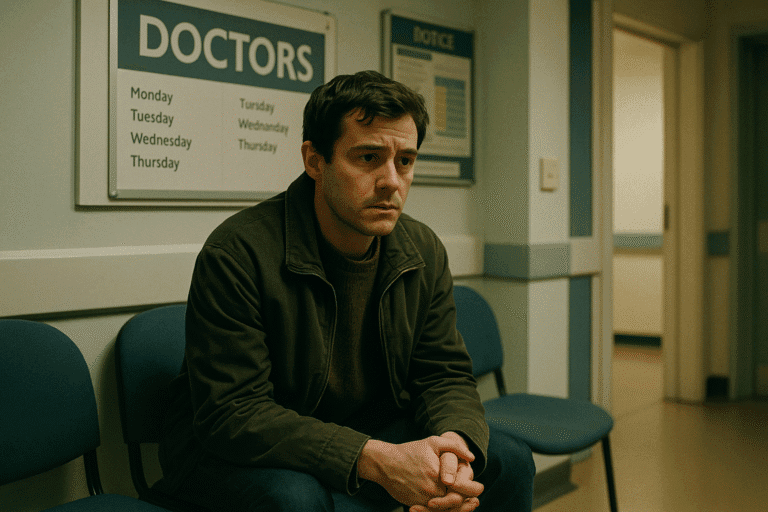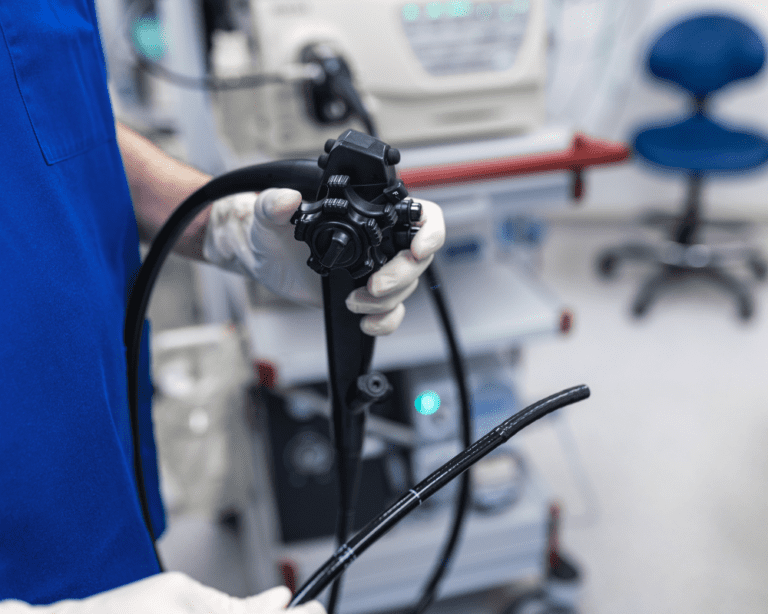My Diagnosis Story and What It Taught Me
Diagnosing Crohn’s Disease can feel a bit like trying to solve a murder mystery where the prime suspect keeps changing outfits. The symptoms, the tests, the emotional turbulence — they’re enough to make anyone question if their body’s playing a very bad joke. Having stumbled through this messy medical treasure hunt myself, I’m here to tell you: it’s confusing, frustrating, but absolutely survivable — and a little perspective can make it far less miserable.
How Doctors Approach Diagnosing Crohn’s Disease
Seeking Guidance from Medical Professionals
When it comes to diagnosing Crohn’s Disease, consulting a qualified gastroenterologist is crucial. Your journey typically begins with a visit to your GP, where you’ll discuss your symptoms. If Crohn’s Disease is suspected, your GP will likely refer you to a gastroenterologist, an expert in digestive system disorders.
Tests You Might Face Before a Crohn’s Disease Diagnosis
Diagnosing Crohn’s Disease isn’t like buying a jumper off the rack — it’s more like trying to stitch together a custom-tailored suit while blindfolded. Every clue, every test, every frustrating ‘maybe’ adds a piece to the puzzle.
- X-Rays and Ultrasounds create a visual map of your insides, helping your doctor spot trouble like a detective squinting at fingerprints..
- Barium Tests: Drinking barium sulfate or undergoing a barium enema can highlight areas of concern in your digestive tract, aiding in diagnosis.
- Endoscopic Procedures: Gastroscopy and colonoscopy allow your doctor to directly visualize your upper and lower digestive tracts, respectively. During these procedures, tissue samples or biopsies may be taken for further examination.
- Blood and Stool Tests: These tests help assess inflammation levels and rule out other potential causes of your symptoms.

Keeping Your Sanity During Crohn’s Disease Diagnosis
Why Diagnosing Crohn’s Disease Rewards Stubborn Optimists
One of the crueler jokes of diagnosing Crohn’s Disease is how it loves impersonating its cousins — IBS, colitis, even the occasional rogue infection — just to muddy the waters. As a result, reaching a conclusive diagnosis may take time and perseverance. Don’t hesitate to advocate for yourself and seek second opinions if necessary.
Why Second Opinions Matter When Diagnosing Crohn’s Disease
Let’s face it — medical diagnoses are rarely as clean as detective dramas make them seem. In the real world, diagnosing Crohn’s Disease is less “Sherlock Holmes” and more “Clue,” where everyone’s guessing Colonel Mustard did it with a candlestick in the library.
That’s why seeking second (or third) opinions isn’t just smart; it’s strategic. Behavioral economists call it “reducing regret risk” — the idea that we make better choices when we give ourselves permission to doubt and double-check.
A second opinion offers a fresh set of eyes, a different frame of reference, and often, a sanity-preserving perspective. You’re not doubting your doctor’s abilities; you’re maximizing your chances of a correct diagnosis in a world where false starts are surprisingly common.
Besides, studies show that diagnostic errors happen more often than we like to admit. Would you board a plane if the pilot only passed 70% of their training? Exactly.
In short, when diagnosing Crohn’s Disease feels like trying to assemble IKEA furniture without the instructions, remember: asking for help isn’t failure — it’s using all the tools available.

Hard-Earned Lessons From My Crohn’s Diagnosis
Having walked this path myself, I’ve learned a few invaluable lessons along the way. Here are some tips to help you cope with the uncertainty of a Crohn’s Disease diagnosis:
- Learn About Your Condition: Knowledge is power. Take the time to learn about Crohn’s Disease and how it affects your body. Understanding your condition can empower you to make informed decisions about your health.
- Build a Support Team: Whether it’s family, friends, or online communities, don’t underestimate the power of support. Surround yourself with people who understand what you’re going through and can offer encouragement during difficult times.
- Make Rest and Nutrition Non-Negotiable: Living with a chronic illness can be exhausting, both physically and emotionally. Make self-care a priority by prioritising adequate rest, healthy eating, and stress management techniques.
- Accept the Bad Days as Part of the Process: Remember, it’s okay to have bad days. Living with Crohn’s Disease is a journey, and there will be ups and downs along the way. Be kind to yourself and celebrate your victories, no matter how small they may seem.
Life After Your Crohn’s Diagnosis
Hearing “You have Crohn’s” can feel like being handed a membership card you never signed up for — but you are far from alone. By arming yourself with knowledge, seeking support, and practicing self-care, you can navigate this journey with resilience and strength. Remember, you are capable of overcoming any obstacle that comes your way. Stay positive, stay informed, and never lose sight of the incredible resilience within you.
Common Questions About Crohn’s Disease Diagnosis
The diagnostic process can vary from person to person, but it often involves multiple tests and consultations with specialists. On average, it may take several weeks to months to reach a conclusive diagnosis.
While there is currently no cure for Crohn’s Disease, treatment options are available to help manage symptoms and improve quality of life. These may include medication, dietary changes, and in some cases, surgery.
Diet can play a significant role in managing Crohn’s Disease symptoms. It’s essential to work closely with a healthcare professional or dietitian to develop a personalised eating plan tailored to your individual needs and preferences.
Doctors diagnose Crohn’s Disease through a combination of imaging tests, blood tests, stool tests, and endoscopic procedures to piece together symptoms and confirm inflammation.
Diagnosing Crohn’s Disease can take several weeks to months, depending on test results and how quickly symptoms are ruled out for other conditions.
Common tests include colonoscopies, MRIs, CT scans, blood tests for inflammation markers, and stool sample analyses.
Yes, Crohn’s Disease can be mistaken for IBS, ulcerative colitis, or infections, so second opinions and thorough testing are important.
A biopsy taken during an endoscopy often helps confirm a Crohn’s Disease diagnosis by showing inflammation patterns under the microscope.
Remember, everyone’s journey with Crohn’s Disease is unique, so it’s essential to find what works best for you through trial and error, along with the guidance of your healthcare team.
By sharing my personal journey and insights, I hope to empower others facing similar challenges and provide them with the support and guidance they need to navigate the diagnosis process with confidence and resilience. Together, we can face Crohn’s Disease head-on and live our best lives despite its challenges.





